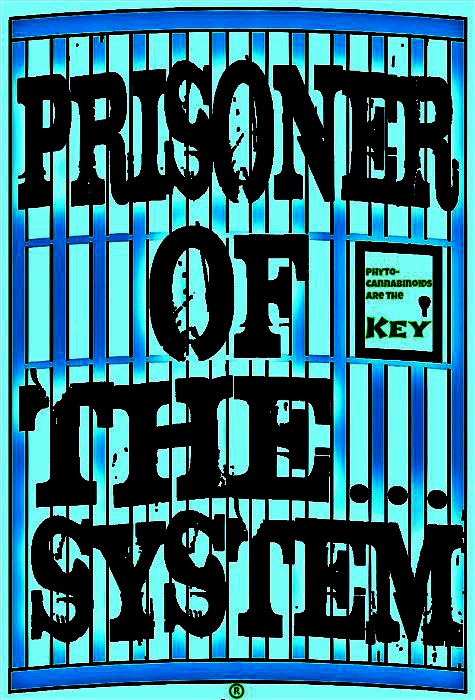2003 Oct 3;302(5642):84-8.
Marsicano G1, Goodenough S, Monory K, Hermann H, Eder M, Cannich A, Azad SC, Cascio MG, Gutiérrez SO, van der Stelt M, López-Rodriguez ML, Casanova E, Schütz G, Zieglgänsberger W, Di Marzo V, Behl C, Lutz B.
Abstract
 Abnormally high spiking activity can damage neurons. Signaling systems to protect neurons from the consequences of abnormal discharge activity have been postulated. We generated conditional mutant mice that lack expression of the cannabinoid receptor type 1 in principal forebrain neurons but not in adjacent inhibitory interneurons. In mutant mice,the excitotoxin kainic acid (KA) induced excessive seizures in vivo. The threshold to KA-induced neuronal excitation in vitro was severely reduced in hippocampal pyramidal neurons of mutants. KA administration rapidly raised hippocampal levels of anandamide and induced protective mechanisms in wild-type principal hippocampal neurons. These protective mechanisms could not be triggered in mutant mice. The endogenous cannabinoid system thus provides on-demand protection against acute excitotoxicity in central nervous system neurons.
Abnormally high spiking activity can damage neurons. Signaling systems to protect neurons from the consequences of abnormal discharge activity have been postulated. We generated conditional mutant mice that lack expression of the cannabinoid receptor type 1 in principal forebrain neurons but not in adjacent inhibitory interneurons. In mutant mice,the excitotoxin kainic acid (KA) induced excessive seizures in vivo. The threshold to KA-induced neuronal excitation in vitro was severely reduced in hippocampal pyramidal neurons of mutants. KA administration rapidly raised hippocampal levels of anandamide and induced protective mechanisms in wild-type principal hippocampal neurons. These protective mechanisms could not be triggered in mutant mice. The endogenous cannabinoid system thus provides on-demand protection against acute excitotoxicity in central nervous system neurons.
Comment in
- Neuroscience. Stout guards of the central nervous system. [Science. 2003]
- PMID:
- 14526074
- [PubMed – indexed for MEDLINE]
LinkOut – more resources
Full Text Sources
Other Literature Sources
- COS Scholar Universe
- Access more work from the authors – ResearchGate
- Cited by Patents in – The Lens

